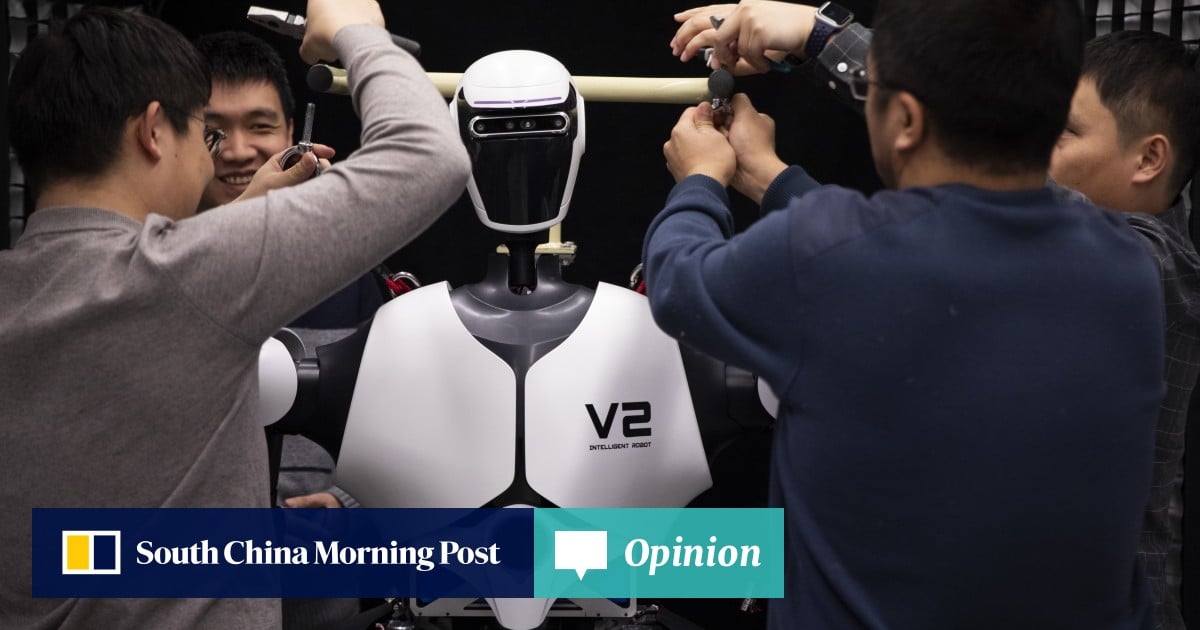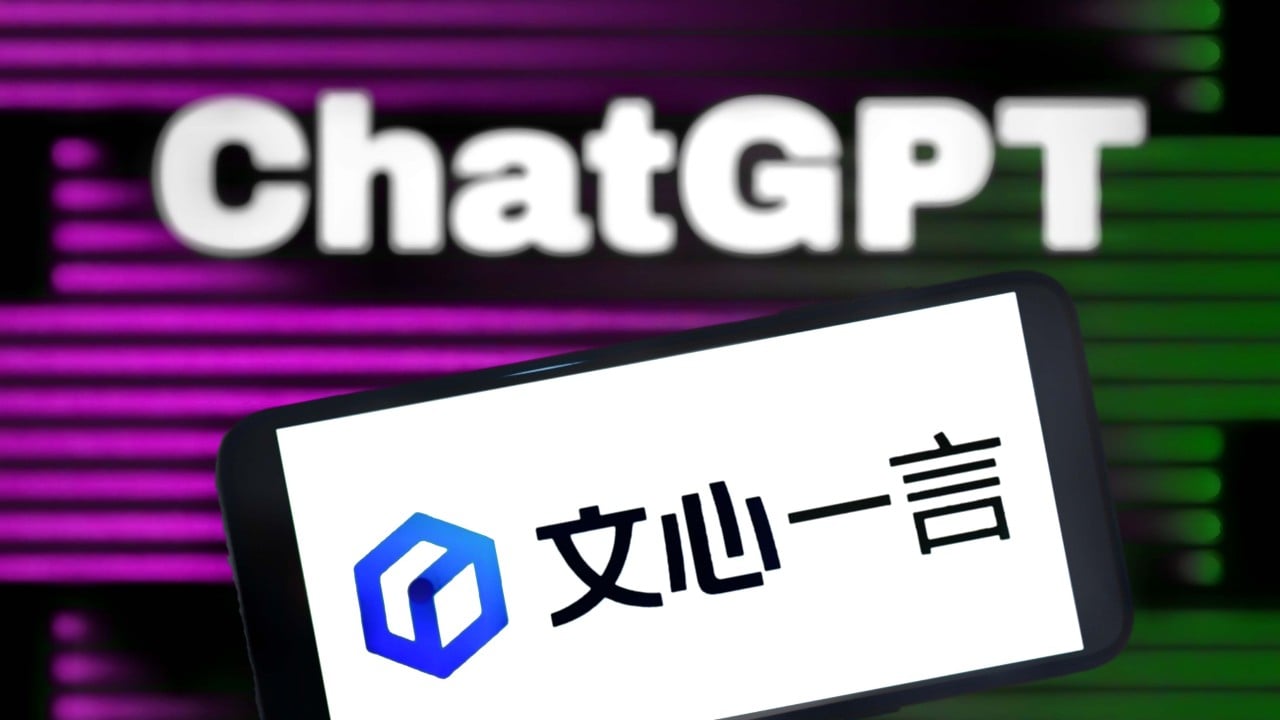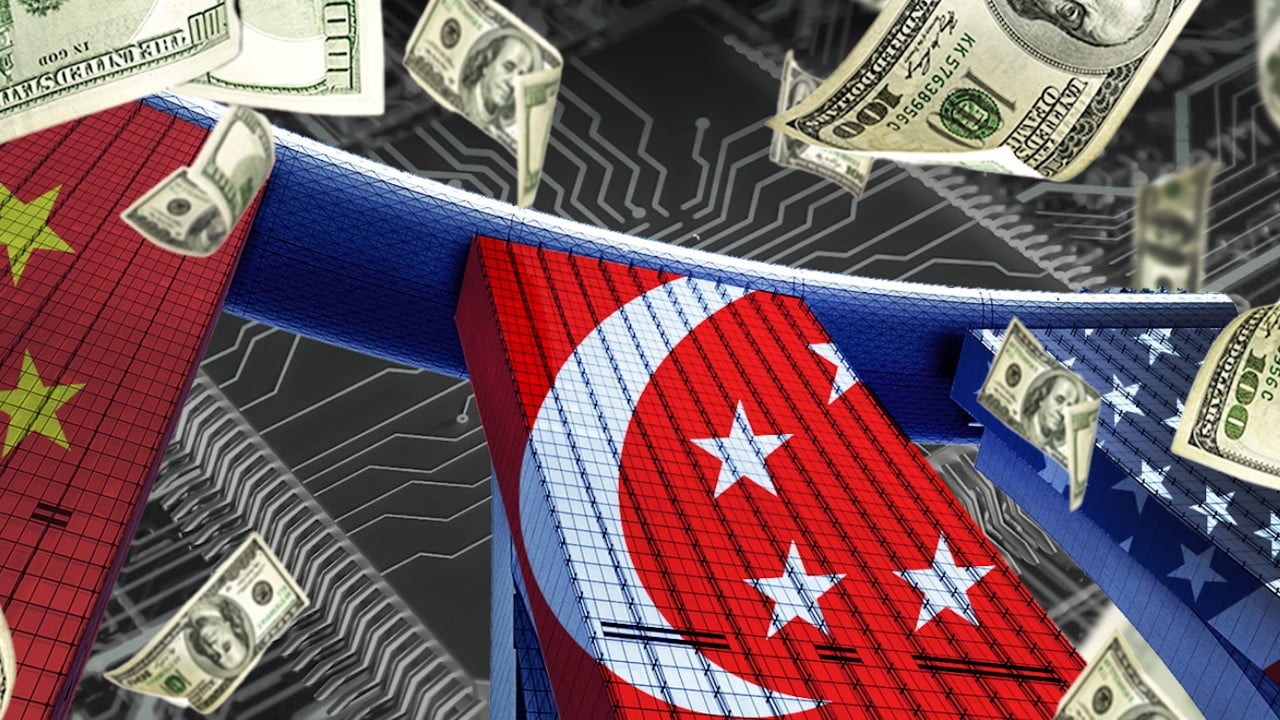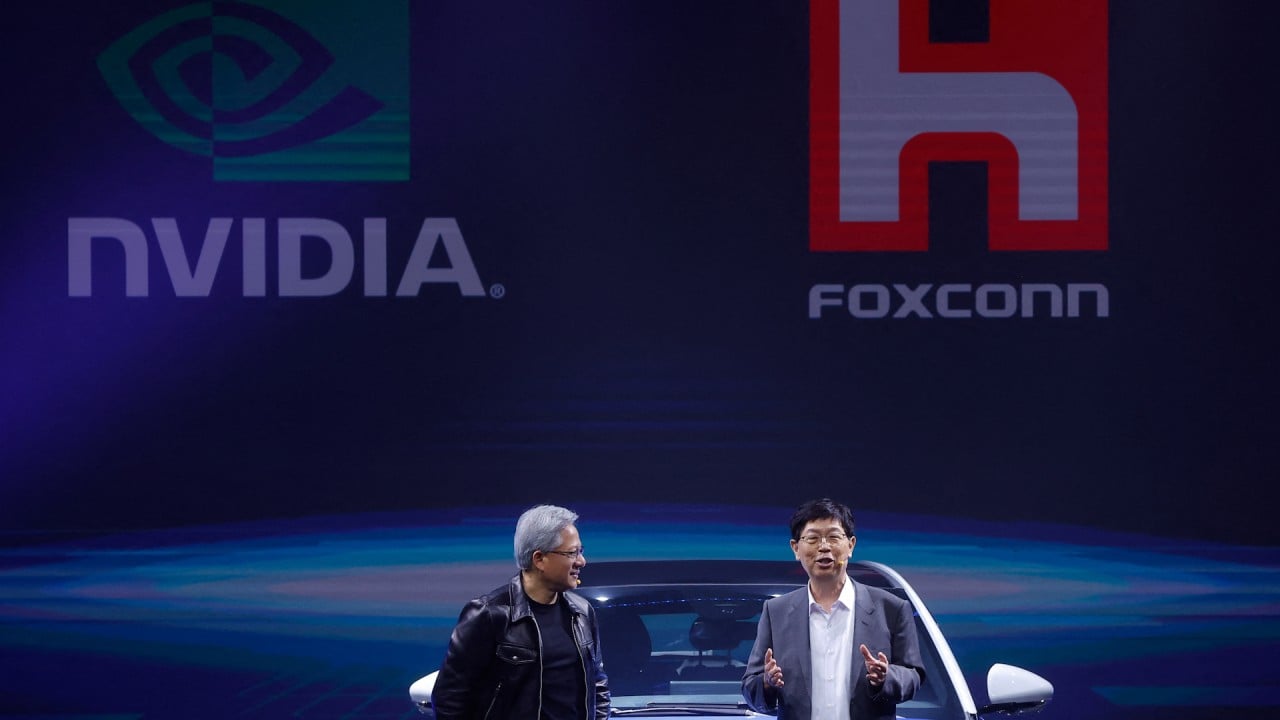These innovations not only solve critical problems, but also enrich societies by creating positive externalities, increasing efficiency, improving quality of life, and promoting sustainable development around the world. .
Currently, 64 percent of top AI research papers have co-authors from different countries. While the race analogy is persuasive, it does not fully capture the collaborative and interconnected nature of technological progress.
The Biden administration’s proposals to protect intellectual property and maintain competitive advantage inadvertently return the debate to a zero-sum scenario. This approach focuses on pursuing AI advantages to achieve substantial economic, military, and geopolitical benefits, especially in the context of geopolitical and military superiority.
This advantage is due to institutional advantages such as favorable regulatory and tax environments and mature capital markets, as well as “network effects” due to the concentration of AI talent in hubs like Silicon Valley. This makes it difficult for any country to compete for that position.
Global AI cooperation could be hampered as companies act cautiously when it comes to sharing data and resources. The secondary effects could fragment the global technology landscape, creating siled AI sectors and cloud infrastructures around the world.
Furthermore, the diversity of AI regulations could lead to a “race to the bottom” scenario, with companies relocating to countries with the weakest laws and undermining global ethical standards.
Why the UK did the right thing by including China in its AI Safety Summit
Why the UK did the right thing by including China in its AI Safety Summit
The latest U.S. proposal is simple in theory but complex in execution, as collecting detailed customer data would be burdensome and costly and could create financial and legal hurdles for U.S. cloud providers. We are also facing challenges.
China’s response to this policy is critical to the future of AI. While a path to mutual escalation looms, the more likely outcome is for China to strengthen its domestic AI capabilities and forge new international alliances beyond the reach of U.S. influence. China is positioning itself as a healthy competitor with vast data collection capabilities and an integrated digital ecosystem supported by government policies.

How China is realizing its dreams of flying cars, drones and floating cities
How China is realizing its dreams of flying cars, drones and floating cities
Each country offers unique advantages and approaches, influenced by its specific regulatory situation, market dynamics, and technological infrastructure. While cooperative efforts can undoubtedly lead to shared benefits, the turbulent transition to a multipolar world makes conflicts inevitable.
Real progress in AI may therefore come not from simply avoiding conflict, but through transformative approaches that redefine competition itself. Of course, competition is welcomed because it brings about progress. However, fair competition functions effectively under standardized rules, and as the current leader, the United States appears to be setting these rules.
However, implementing such a framework would be a daunting task. AI surpasses nuclear technology in its complexity, diverse applications, and societal impact. Unlike the specific risks of nuclear technology, the unique ethical and privacy challenges of AI, combined with its transnational scope, make regulation and governance particularly challenging.
Ultimately, the way forward will need to blend a competitive spirit with a commitment to a common goal, shaping a future where AI acts as a bridge between nations rather than a battlefield.
Jeffrey Wu is a director at MindWorks Capital, a leading venture capital firm headquartered in Hong Kong specializing in technology investments across Greater China and Southeast Asia.



